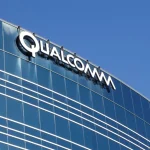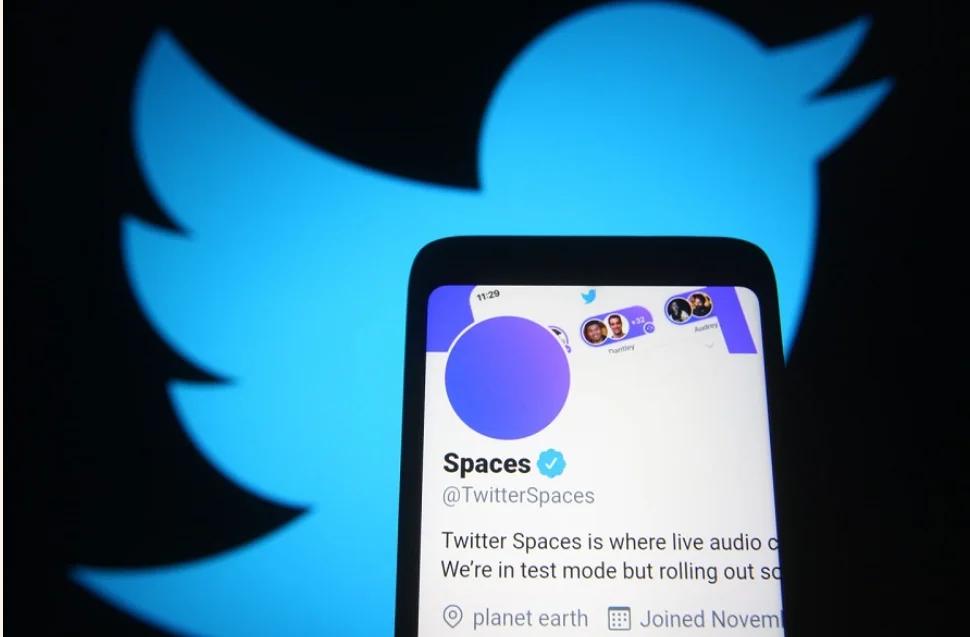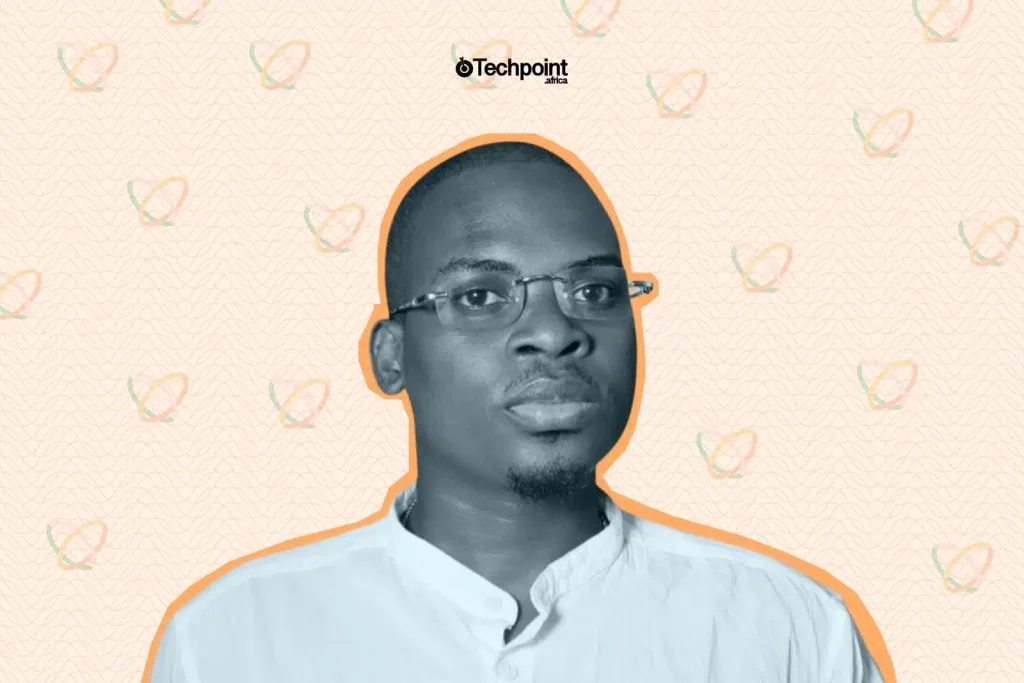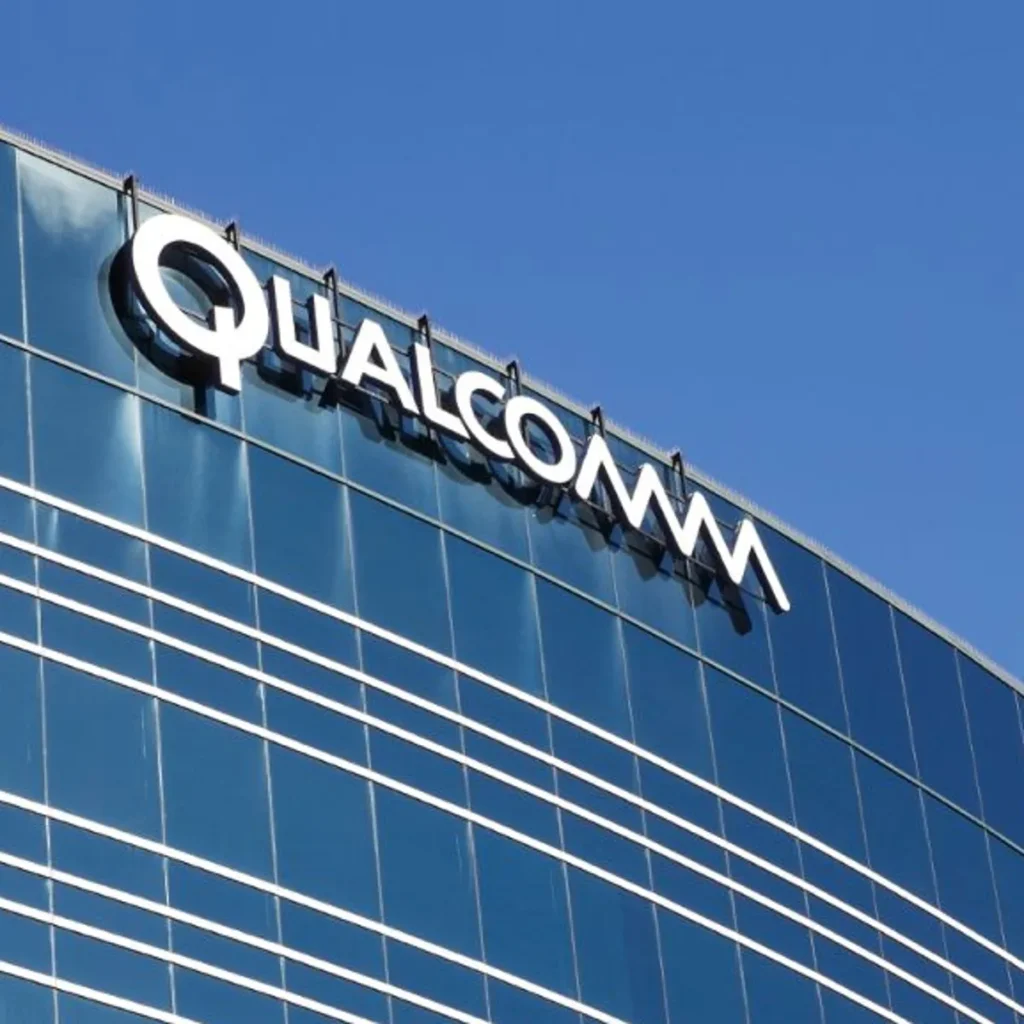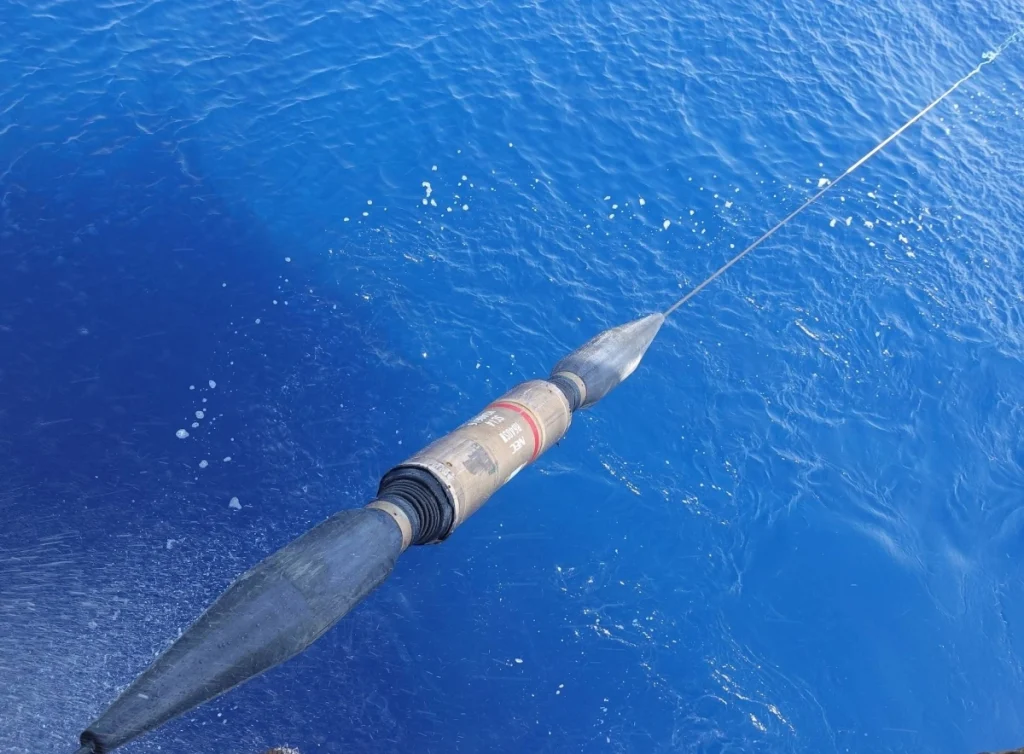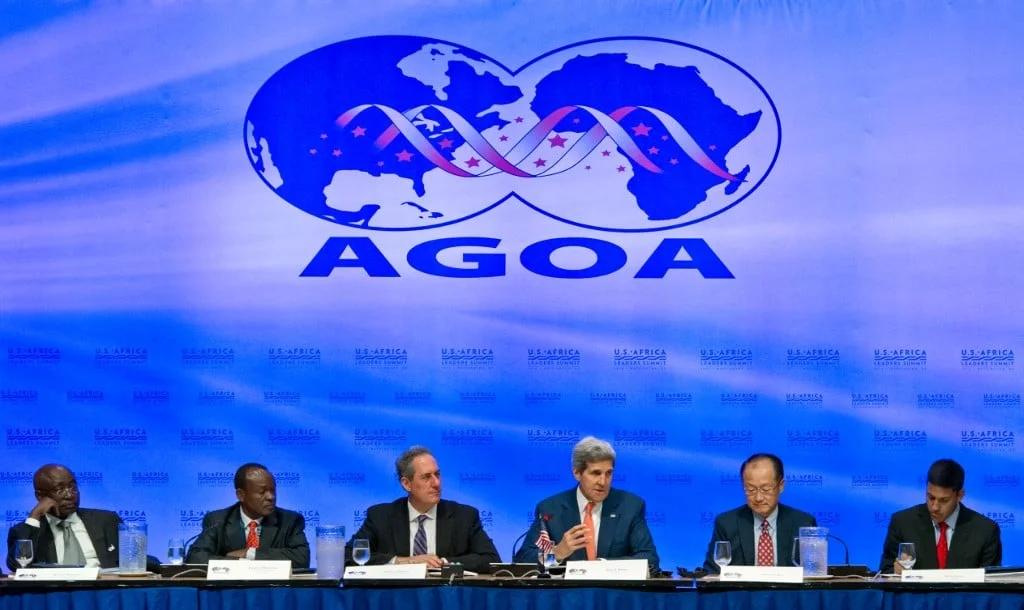It is no longer news that Elon Musk’s plan to monetise Twitter and make it more profitable has officially kicked off, with many persons now acquiring the Twitter Blue verified badge for $8.
Although coming with backlash, the Tesla founder has maintained that the “little price” would remain and would be accompanied by several other features, which could come across as a “trial and error” thing. In his words-
However, the new Twitter verification badge policy could mean more chaos for the platform and Musk, seeing that the implementation plan is yet to be thought through. The current features leave more questions to be answered, as bots that impersonate actual accounts still exist in numbers.
In truth, we’ve lost count of the times Elon Musk has changed his mind or made contradicting statements regarding what a new $8 verification badge would do. However, phoney accounts are already capitalising on this chaos now that the feature has been activated,
You are either who you say you are now on the platform, or you can afford to pay $8 and pretend to be who you are not.
What are the consequences of the new $8 badge?
Since its launch in several locations, several trolls have impersonated celebrities and politicians. These accounts have posted false information to spread confusion on the microblogging platform. An account recently impersonated the basketball athlete, announcing his transfer away from the Lakers.
Other famous public figures, like baseball pitcher Aroldis Chapman, NHL player Connor McDavid, and former US president George Bush have also been impersonated.
What are the implications?
To call the hasty plan one with a significant consequence on Twitter’s image and reliability is an understatement. Twitter’s long-standing reputation as a platform for news and information would take another significant hit.
Previously, the platform had faced criticism for promoting fake news and non-censored statements from top governmental officials, including Nigeria. The President of the United States of America, Joe Biden, recently criticised the platform and implied it was promoting lies with uncensored statements.



